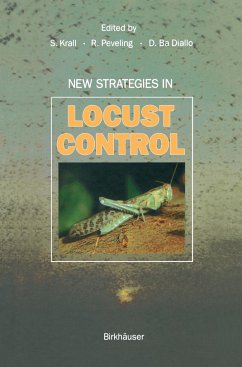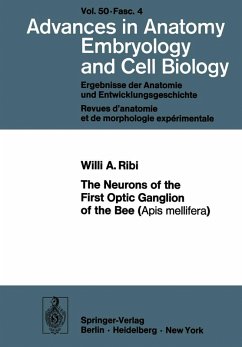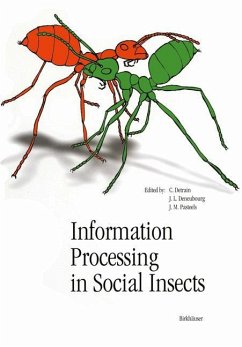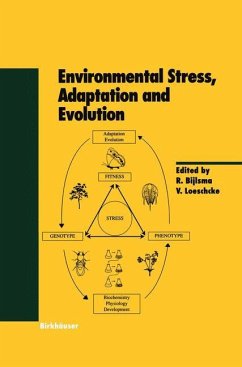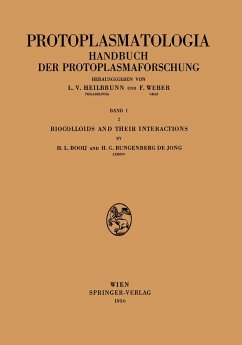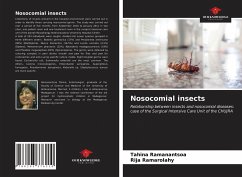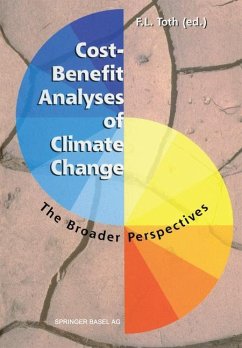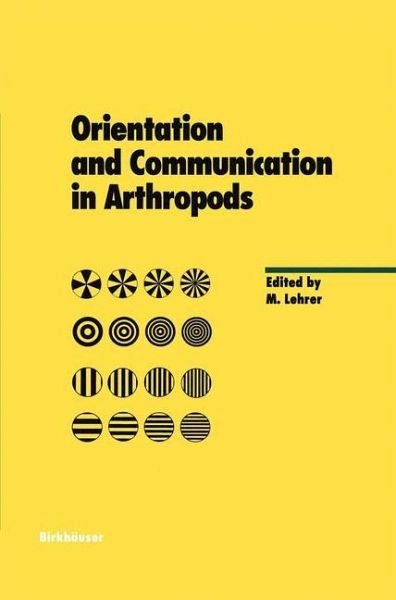
Orientation and Communication in Arthropods

PAYBACK Punkte
76 °P sammeln!
The present volume deals with the most fascinating aspects of sensory performance studied in insects, crustaceans and spiders. Arthropods inhabit practically every conceivable ecological niche, and are perfectly adapted to cope with the constraints of their natural habitats. They move on the ground, in water, and in the air. They use visual, olfactory, acoustical, vibratory, and tactile cues for orientation, to recognize and pinpoint their target, their home place, a feeding site, a prey, or a potential mate. Many arthropods use celestial (skylight) and terrestrial (magnetic) compass cues for ...
The present volume deals with the most fascinating aspects of sensory performance studied in insects, crustaceans and spiders. Arthropods inhabit practically every conceivable ecological niche, and are perfectly adapted to cope with the constraints of their natural habitats. They move on the ground, in water, and in the air. They use visual, olfactory, acoustical, vibratory, and tactile cues for orientation, to recognize and pinpoint their target, their home place, a feeding site, a prey, or a potential mate. Many arthropods use celestial (skylight) and terrestrial (magnetic) compass cues for orientation, and some of them were shown to develop, through experience, oriented behaviours based on a variety of innate, hard-wired orientation mechanisms. In many cases, aspects of behaviour that are involved in orientation cannot be separated from inter- and intraspecific communication. The book brings to the fore the role of communication not only in social and sexual behaviours, but also in the context of oriented locomotion. Top, internationally renowned scientists have contributed to this volume and have succeeded in presenting a book full of highlights which will be of great interest to workers in this field of research. With contributions by F. G. Barth; D. von Helverson, K.-E. Kaissling, W. Kirchner, M. Walker, M. Weissburg, R. Campan, T. Collett, J. Zeil, K. Kirschfeld, R. Wehner, M. Srinivasan, M. Lehrer, R. Gadagkar.





